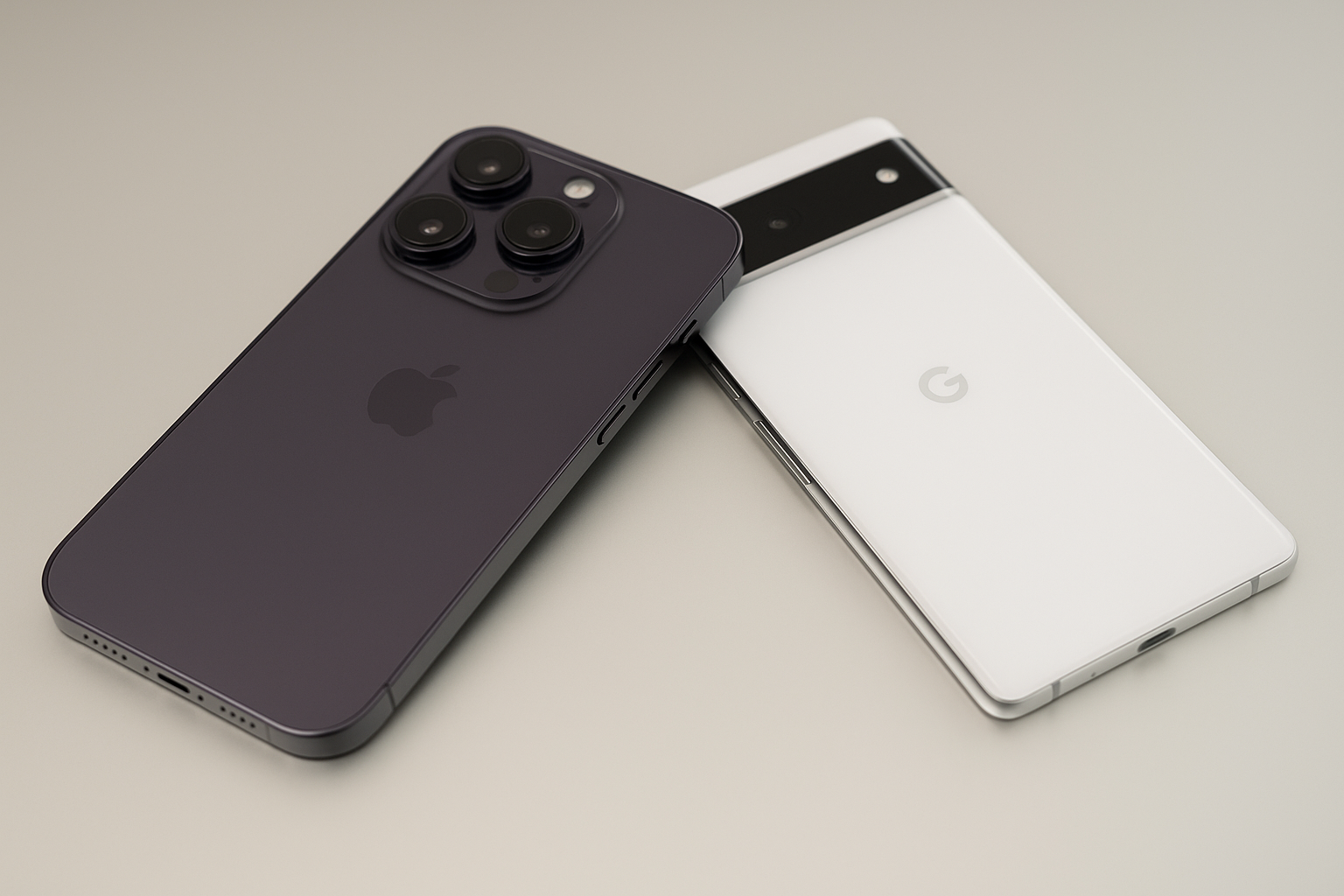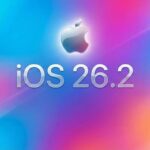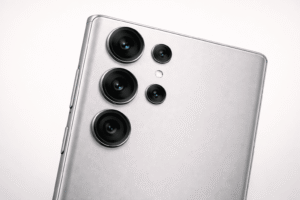For more than a decade, the iPhone has held a reputation as the ultimate smartphone for those who want style, performance, and exclusivity. Apple’s devices have enjoyed a loyal fan base that rarely considered alternatives. But in 2025, the smartphone landscape is witnessing an interesting shift: more iPhone users are making the leap to Android. This is not just a passing trend, it reflects how technology, pricing, and consumer needs are evolving.
Affordability and Hardware Flexibility Driving the Shift
One of the biggest reasons driving this switch is affordability. Apple continues to position its iPhones as premium devices, often priced far higher than Android alternatives. While iPhones undeniably deliver a polished experience, many Android brands now offer equally powerful features at half the cost. From flagship killers by OnePlus and Xiaomi to Samsung’s diverse lineup, users are realizing they do not have to break the bank to enjoy high end performance.
Another factor is hardware flexibility. Android phones in 2025 come in an astonishing variety, with foldable designs, ultra thin builds, massive battery capacities, and even gaming focused models. In contrast, iPhones still stick to a more predictable yearly upgrade cycle with minimal hardware variations. For users seeking something fresh and experimental, Android is proving to be the more exciting playground.
Also read: Xiaomi Redmi Note 15 Pro – Camera, Performance & 5G Support
Battery life and charging speed also play a critical role in this migration. Many Android phones now feature charging speeds that can fill up a battery in under 30 minutes. In comparison, iPhones still lag behind, with users frustrated by slower charging and the absence of groundbreaking battery innovations. With more people relying heavily on their phones for work, entertainment, and daily tasks, faster charging has become a necessity, not a luxury.
Customization is another area where Android shines brighter than ever in 2025. While Apple maintains its closed ecosystem, Android brands are offering users far more control over how their devices look and function. From dynamic themes and lock screen personalization to AI powered assistants that adapt uniquely to each user, Android phones are delivering experiences that feel personal rather than generic.
Then there is the camera debate. Apple has always prided itself on producing industry leading cameras, but Android manufacturers have caught up and some have even surpassed Apple’s offering. Smartphones from brands like Samsung, Vivo, and Google now feature advanced AI driven photography, periscope zoom lenses, and 8K video recording, making them more appealing to content creators. iPhone cameras are still excellent, but in 2025, they are no longer the only option for top tier mobile photography.
On top of all this, global connectivity trends are also influencing the shift. With the rise of 5G and now the early rollout of 6G ready devices, Android makers are faster to adapt. Apple tends to take a more cautious approach, often waiting until a technology is fully mature. For tech enthusiasts eager to be at the cutting edge, Android provides that thrill of being first.
Also read: iPhone 17 Pro: Apple’s Boldest Move Yet With These 10 Features That Redefine Innovation
It is important to note that many users still love and remain loyal to their iPhones. Apple’s ecosystem including iMessage, FaceTime, and seamless device integration continues to be a major strength. However, in a time when people are seeking both value and innovation, Android is providing options that Apple is not ready to embrace just yet. This growing competition is healthy, as it pushes both ecosystems to innovate, ultimately benefiting users.
From Apple Comfort to Android Innovation
As we move further into 2025, the shift of iPhone users to Android represents more than just a change in brand preference, it reflects a broader evolution of consumer priorities. Affordability, innovation, speed, and personalization are taking center stage, and Android manufacturers are stepping up to meet those needs head on. For many, the allure of exploring something new, powerful, and cost effective outweighs the comfort of staying within the Apple bubble.
Frequently Asked Questions
Is Android cheaper than iPhone now
Yes, many Android brands offer flagship level features at significantly lower prices compared to iPhones, making them attractive to cost conscious buyers.
Are Android cameras better than iPhone cameras
Many Android devices now match or surpass iPhone cameras with advanced zoom lenses, AI enhancements, and higher resolution sensors.
Does switching to Android mean losing iMessage and FaceTime
Yes, these Apple exclusive services do not work on Android. However, alternatives like WhatsApp, Telegram, and Google Meet are widely used across platforms.
Should I switch from iPhone to Android in 2025
It depends on your needs. If you value customization, fast charging, and affordability, Android is a strong choice. If you are heavily invested in Apple’s ecosystem, staying with iPhone might still be better.







